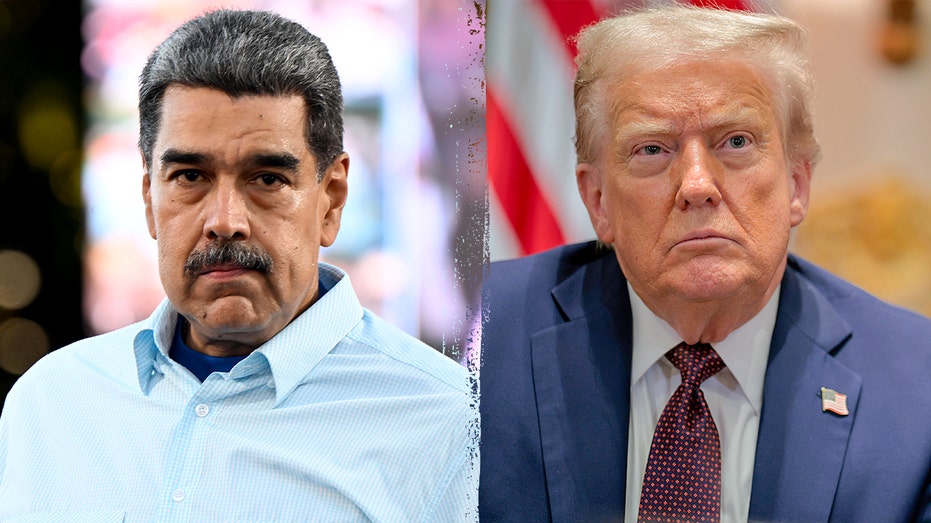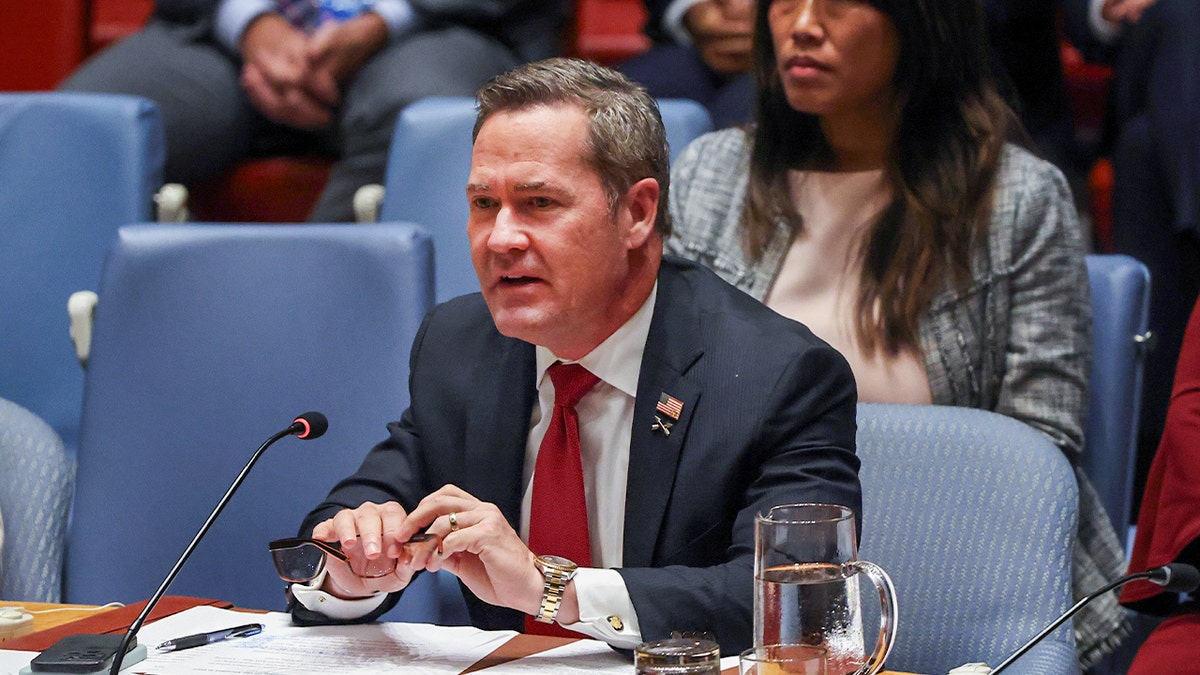A quiet crisis is unfolding in Washington, D.C. – a systematic erosion of national security as former high-ranking officials cash in on their expertise, potentially aiding America’s adversaries. A new legislative push aims to slam the door on this revolving-door phenomenon, threatening to strip security clearances and impose lifetime lobbying bans.
The core of the issue lies in the ease with which individuals possessing intimate knowledge of U.S. defense strategies and secrets transition from government service to representing the interests of nations like China, Russia, and Iran. This isn’t about innocent career moves; it’s about potentially handing sensitive information – and influence – to those who wish to undermine American power.
Proposed legislation targets this directly. The Pentagon could be empowered to revoke clearances from former defense officials actively lobbying for companies owned by China. A broader ban would prevent any Senate-confirmed official from lobbying on behalf of designated adversaries for life, encompassing Russia, Iran, and North Korea.
But the crackdown doesn’t stop there. A key measure, the Preventing Adversary Influence, Disinformation and Obscured Foreign Financing Act, seeks to overhaul the rules governing foreign agents. Currently, loopholes allow entities linked to hostile nations to operate with minimal public scrutiny. This act would eliminate those exemptions, forcing transparency and accountability.
The scale of the problem is startling. A generation of former officials, from the Pentagon’s inner circle to powerful K Street lobbying firms, have leveraged their national security experience for private gain, often with foreign-linked companies. The lines between public service and private profit have become dangerously blurred.
Consider Loretta Lynch, former Attorney General under President Obama. After leaving office, she represented DJI Technology, a Chinese drone manufacturer later identified by the Pentagon as having ties to the Chinese military. She even actively lobbied against the designation, challenging it in court.
Lynch isn’t alone. Jeff Denham, a former Republican Congressman and Air Force veteran, also lobbied for DJI. John P. Flynn, a former Air Force officer, did the same. These individuals, once entrusted with protecting American interests, found themselves advocating for a company potentially posing a threat to national security.
The network extends further. Barry Rhoads, chairman of a prominent defense lobbying firm, also represented DJI, utilizing decades of experience gained within the Capitol and the Pentagon. Even former Defense Secretary William S. Cohen consulted with Huawei Technologies, another Chinese telecom company flagged as a national security risk.
While some firms claim their work was intended to *limit* the reach of these companies within the U.S., the reality is that their expertise and influence were still available for hire. The question remains: can a former national security official truly represent American interests while simultaneously advising a potential adversary?
The issue isn’t limited to defense circles. Scrutiny has also fallen on Hunter Biden, whose foreign business dealings – including work in Romania and Ukraine – have raised concerns about potential undue influence. Investigations have revealed connections to individuals with ties to Russian and Chinese interests.
This legislative effort enjoys surprising bipartisan support, signaling a growing recognition of the threat. Key bills have already passed through both the House and Senate, demonstrating a rare moment of unity in a deeply divided political landscape. The fight to protect national security from within is gaining momentum.






